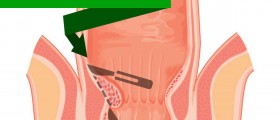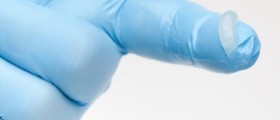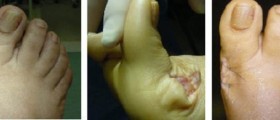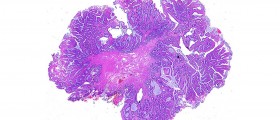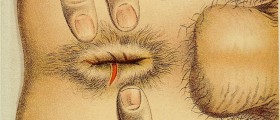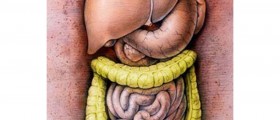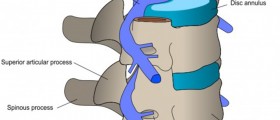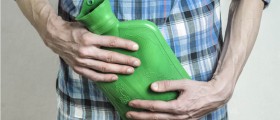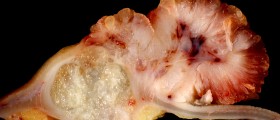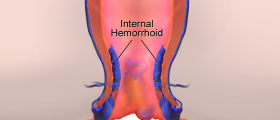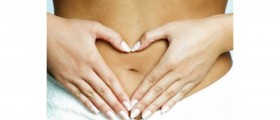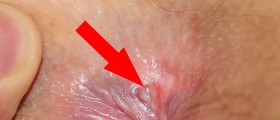I had my partial lateral spinchtertoromoty hemorrodectomy (however it's spelled) last wed. And the pain has been off and on terrible as hell. Not sure, but after surgery and waking up I had to use the bathroom and the gauze was hanging out and I pulled the rest out. Not sure if that caused any more issues since, but I feel the stitches which can be seen on the outside may be pricking me. I am not sure if that is possible, but upon a cough or certain movements I feel immense pain. I'm not too sure how much is normal or if something is off. The bleeding is bright pink and still continues per every wipe after bowel movement, but even with the gauze that I'm putting on when I'm not using the bathroom. I also notice when I have gas or building up gas - right at the inside of my anus hurts like pressure and once I pass it, it calms down. Almost as if the gas is pushing on something inside.
to me the doctors don't set you up well to manage yourself after surgery or more ideal situations that come with this surgery.
A friend of mine who is a nurse told me this is one of the worst surgeries pain wise. Going to call my surgeon office today
Loading...
Hi, guest.
Hemorrhoidectomy and lateral internal sphincterotomy are known to be quite painful in the postoperative period.
Here are some general postoperative care guidelines for patients who have had this surgery:
-
Pain Management: Over-the-counter pain medications such as acetaminophen (Tylenol) can be helpful. Some doctors also prescribe stronger pain medications for the initial postoperative period. It's essential to take them as directed and not to exceed the recommended dose. Nonsteroidal anti-inflammatory drugs (NSAIDs) like ibuprofen are sometimes avoided because they can increase bleeding.
-
Sitz Baths: Taking warm (not hot) sitz baths several times a day can be soothing and help with the healing process. It can also help to reduce swelling.
-
Stool Softeners: These can help make bowel movements less painful. Drinking plenty of water and eating a high-fiber diet can also help soften the stools.
-
Hygiene: Gently cleaning the area after a bowel movement using a moist wipe or rinsing with water can help prevent infections and irritation.
-
Avoid Straining: It's essential to avoid straining during bowel movements.
-
Activity: Rest is vital in the initial days following surgery. Gradually increase your activity level based on comfort.
-
Follow-Up: Ensure you attend any scheduled follow-up appointments with your surgeon so they can check on your healing progress.
It's essential to be aware of signs of complications, such as:
- Severe bleeding
- Intense pain that isn't relieved with medications
- Signs of infection like fever, increased redness, pus, or a foul odor
- Inability to urinate
If you're experiencing any of the above or are concerned about your recovery, contact your surgeon or healthcare provider immediately.
Finally, while it's normal to have some pain and discomfort after this surgery, everyone's experience varies. If you feel that something isn't right or if your pain is unmanageable, it's always best to seek medical attention or advice. Your health and comfort are paramount.
Loading...


